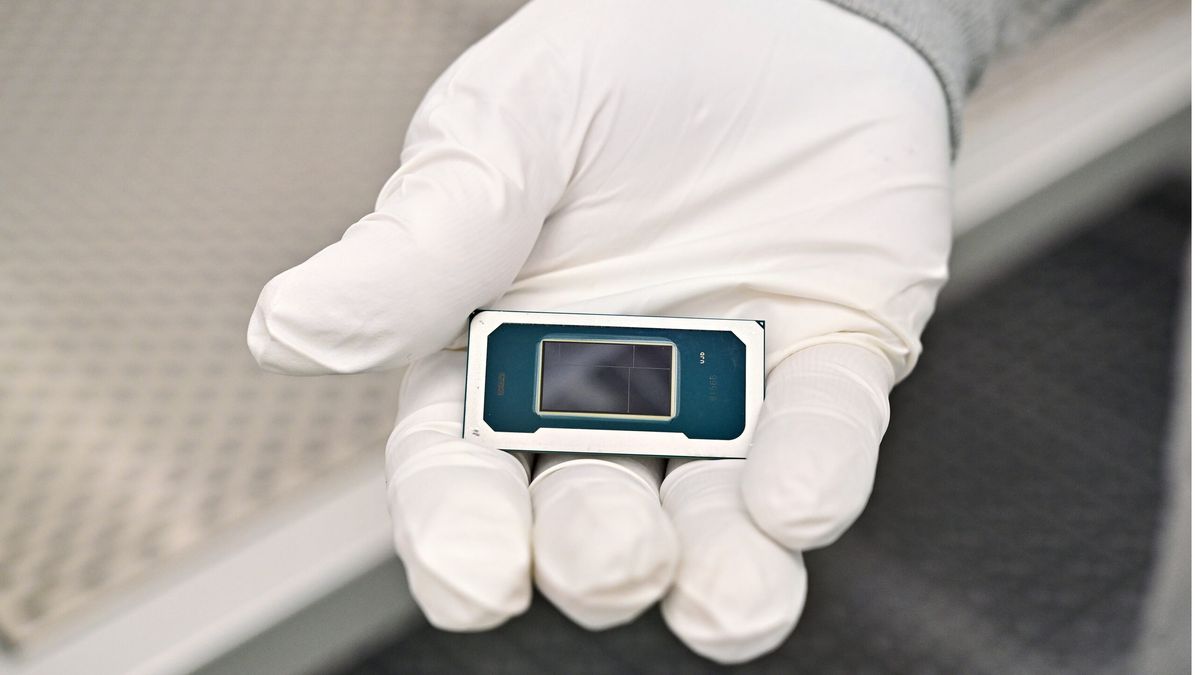A pivotal medical milestone has been reached. For the first time ever, researchers have used a personalized CRISPR-based gene therapy to treat an infant’s rare and life-threatening illness.
Doctors at the Children’s Hospital of Philadelphia (CHOP) and Penn Medicine detailed their achievement in a study published Thursday in the New England Journal of Medicine. The treated child, named KJ, was born with a metabolic disorder known to kill up to 50% of children in their infancy. Now, three months after his first dose, KJ appears to have responded well to the treatment and is doing better than ever.
“Years and years of progress in gene editing and collaboration between researchers and clinicians made this moment possible, and while KJ is just one patient, we hope he is the first of many to benefit from a methodology that can be scaled to fit an individual patient’s needs,” said Rebecca Ahrens-Nicklas, director of the Gene Therapy for Inherited Metabolic Disorders Frontier Program at CHOP, in a statement from the hospital.
Soon after his birth last summer, KJ was diagnosed with severe carbamoyl phosphate synthetase 1 (CPS1) deficiency. The disorder prevents his liver from producing a key enzyme that breaks down ammonia, a common waste product, into urea (which is then flushed out in urine). Because of this, ammonia levels continue to build up, eventually causing organ damage. While rare, CPS1 can be caused by a variety of different mutations, meaning that cases often don’t share the same genetic cause.
Certain treatments, including a strict low-protein diet, can help keep ammonia levels down in people with CPS1, but around half of those who develop it as infants die within the first week (cases that emerge later in life have a much higher survival rate). Until now, the only curative treatment available for CPS1 was a liver transplant. But babies like KJ typically have to wait until they’re old enough to survive the intensive procedure, during which time they’re vulnerable to the severe complications of CPS1, including permanent brain damage.
As luck would have it, though, researchers at CHOP and Penn Medicine had been trying to rapidly develop customized gene therapies for people with rare genetic diseases. And KJ seemed like the perfect test case for their emerging approach. With permission from his parents and eventually the Food and Drug Administration, the team set to work.
Over the course of just six months, the researchers crafted, tested, and treated KJ with his own personalized gene-editing drug. The therapy uses a form of CRISPR—delivered to his liver cells using lipid nanoparticles—to edit a specific base (bases being the building blocks, or letters, of DNA) in the defective gene responsible for KJ’s condition. The goal is to repair the defect and allow his liver to break down ammonia as usual. The therapy was first tested in mice and then monkeys.
KJ was initially given a low dose of the gene therapy, codenamed k-abe, in February 2025. After he appeared to tolerate it well, he received two higher doses in March and April with no apparent serious side effects.
In the months since, he’s been able to ingest increasing amounts of protein and he’s required lower doses of another treatment used to manage the condition. He did experience several common childhood infections during this time period, which can be life-threatening in people with CPS1, but he recovered with no major issues—another promising sign.
It will take time to know whether the therapy is safe over the long term, however, or if KJ might require additional treatments. But for now, everything seems to be working just as hoped. And KJ’s story is ideally only the start. The researchers believe their approach can be tweaked to treat a wide array of ultra-rare genetic diseases.
If so, KJ’s success might herald a new era of personalized medicine.
“We want each and every patient to have the potential to experience the same results we saw in this first patient, and we hope that other academic investigators will replicate this method for many rare diseases and give many patients a fair shot at living a healthy life,” said Kiran Musunuru, a geneticist at Penn Medicine and lead author of the NEJM paper, in a statement. “The promise of gene therapy that we’ve heard about for decades is coming to fruition, and it’s going to utterly transform the way we approach medicine.”









 English (US) ·
English (US) ·